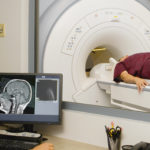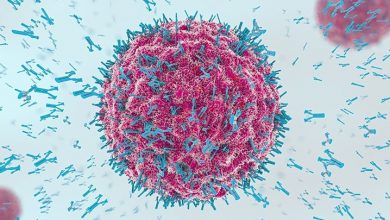The nature of dizziness with a brain tumor
This symptom may occur as a result of increased intracranial pressure caused by fluid retention in the brain. In addition, the tumor itself can put pressure on the vestibular apparatusif it is localized :
- in the posterior cranial fossa;
- in the cerebellum;
- in cerebellopontine angle.
First signs of illness
The above changes cause dizziness not only when walking, but also at rest (and even during night rest) . The patient may feel as if slightly intoxicated, feel faint and weak. Headache , pallor of the skin, loss of balance, apparent rotation of one’s own body and surrounding objects - these are characteristic signs of the onset of the disease.
In some cases, dizziness is observed only in a certain position in bed (for example, only on the right side or on the back). Sometimes an attack is initiated by an attempt to direct the gaze to the side or upward. The visual perception of surrounding objects—their shape, color, and proximity of location—may be disrupted. Often these attacks are accompanied by cold sweat and tinnitus.
The most intense dizziness occurs with tumors of the fourth ventricle. This disease is accompanied by the following symptoms:
— blackout or loss of consciousness;
- vomiting;
- drop in body temperature;
- decreased heart rate and blood pressure.
Painful dizziness sometimes makes the patient grab the edge of the bed. Sometimes a person experiences seizures, but with cancer of the cerebral hemispheres of the brain, the mentioned signs are less pronounced (we are talking about the localization of tumors in the temporal and frontal lobes). In general, dizziness with brain cancer is characterized by an increasing character.
Please rate the article:





